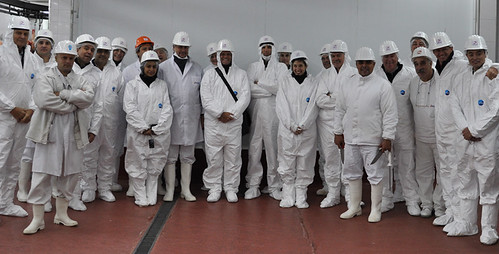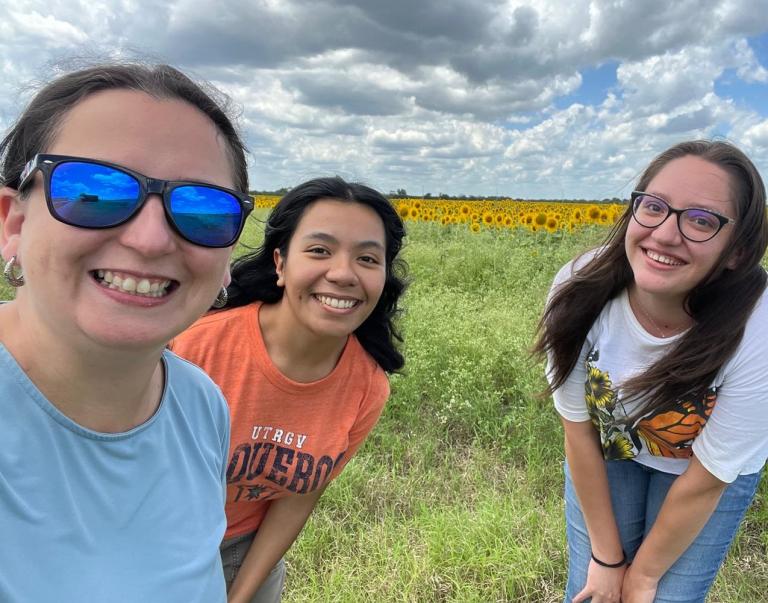
The Agricultural Marketing Service’s (AMS) Livestock and Seed Program Standardization Division recently participated in the United Nations Economic Commission for Europe (UNECE) meetings in Buenos Aires to work on international meat standards. The global agricultural quality standards developed by UNECE facilitate U.S. agricultural exports, which set a record this past year at $136 billion.
UNECE standards are used internationally by governments, producers, traders, importers, exporters and international organizations. They cover a wide spectrum of agricultural products including fresh fruit and vegetables, dry and dried produce, seed potatoes, meat, cut flowers, eggs and egg products. These standards play a vital role in exports. Often buyers and sellers don’t speak the same language and these standards, translated into many different languages, provide everyone in the supply chain with a common set of documents containing numerical cut “codes” that are universally understood and used as the basis of trade.
During this year’s meeting, nine countries reviewed the existing beef and pork cuts contained in the standards, adding new cuts being traded internationally and updating any technical cut descriptions. The world is now seeing more beef and pork retail cuts traded worldwide, and the United States is leading the development of the associated UNECE retail cut standards.
Over the last three years, AMS has served as the Vice Chair of the UNECE’s Specialized Section on the Standardization of Meat. Our representatives have either hosted or participated in three rapporteurs sessions (technical meetings) where new cuts were added to the UNECE standards. These “living documents” require constant revision to keep pace with the dynamic growth of world meat trade and the rapid expansion of innovative cuts entering the marketplace.
During the most recent UNECE meeting, AMS representatives visited a processing plant in Rosario, Argentina. Soccer fans may recognize Rosario as the home of Lionel Andrés Messi, the Argentine fútboller. However, the UNECE visit to Rosario did not involve any fútbols, but became a full day of work beginning at 3:30 a.m. during which the UNECE team tested the standards under real world processing conditions for the new cuts of meat being developed.
The United States has the most comprehensive and utilized set of meat products standards in the world, and therefore plays a leadership role for this United Nations mission. The Livestock and Seed Program’s Standardization Division works every day to ensure that the U.S. standards not only meet the needs of U.S. producers and processors, but also that our Nation’s interests are represented in any international standard being developed that could affect the trade of U.S. products. The efforts of AMS with UNECE has translated into real opportunities for U.S. producers.


